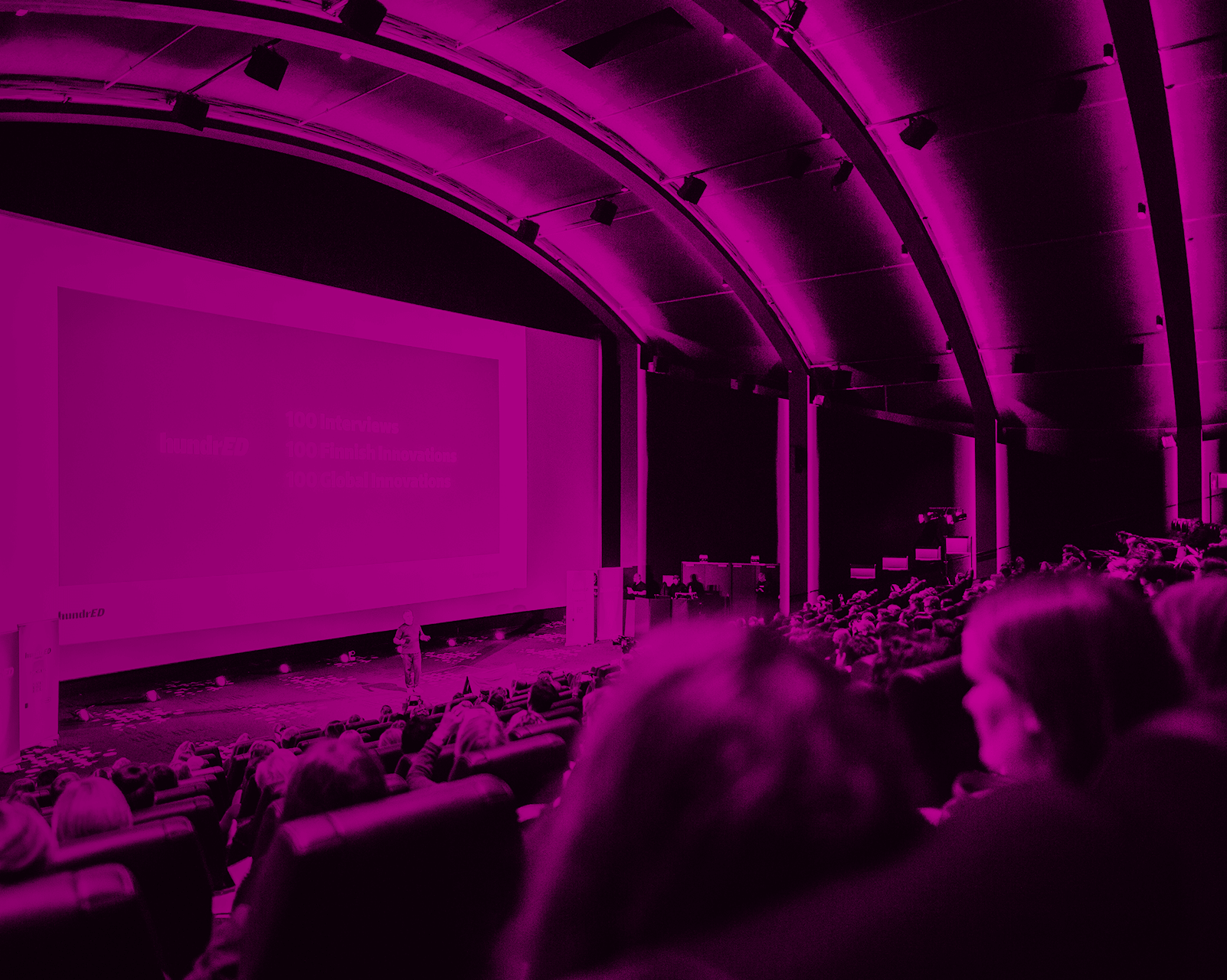
Progressive societies are built on thriving educational systems. In an ideal world, systems design should reflect the diverse needs of those who utilise and rely on the system. The design of such systems is invariably dynamic given its reliance on the collective wisdom of collaborative innovators. By its very definition, a dynamic educational system is adaptive and tailored. This infers a contextual reality that is relational, fluid, and infinite; one where the system affords opportunities and possibilities to self determine and exercise agency.
Yet by and large education, a most relational and fluid of human endeavours, has been characterised by a hierarchical, rigid and mechanistic infrastructure. Most existing educational models stratify processes and procedures to serve a purpose that is primarily transactional, functional, and predictable - the exchange or retention of information or knowledge from one person to another. Such operational systems use procedures and metrics adopted from economic models that overlay inputs and outputs to achieve predetermined outcomes. Such rigid and linear constructs view participants through relatively static, passive, and compliant prisms. The dominant models that currently hold sway systematically strip back the more nuanced, intangible, and creative elements of human interaction. Tension exists by virtue of the fact that education does not lend itself easily to measurement through arbitrary, standardised and quantifiable management practices. This restricts teacher agency and consequently limits opportunities for collaboration as a source of innovation.
So it was that e²: educational ecosystems (e²), under the auspices of HundrED.org and UNESCO’s Futures of Education project, organised an international online collaboration of fourteen cross-sectoral practitioners.

The core objective of our collaboration was to illustrate the symbiotic nature of agency as the genesis for change and systems design. Our guiding question was:
“How might we activate educator agency by connecting relationships and collaborations that in turn achieve greater engagement, opportunities, and possibilities for all?"
Several design intentions underpinned e²’s collaborative effort:
- Highlight fourteen case study exemplars that showcase and reinforce just what, when given the time and space, educators can achieve in spite of the system as opposed to because of the system;
- Replicate in real-time the iterative and generative nature of any creative process; that is, one where outcomes are not predetermined and the flow of the discussion meanders organically;
- Demonstrate and emphasise the exponential nature of what can be learnt and achieved if practitioners are afforded the agency to actively engage with each other and role model the learning competencies so often desperately called for.
The report submission unpacked a shared view of education and learning as non-linear, nuanced, connected and exponential. Education’s sole purpose as delivery and acquisition of content and skill in preparation for employment was uniformly rejected, considered too simplistic and antiquated a notion, unreflective of the needs or wellbeing of today's students, parents, teachers, and society.
Rather, we felt educational systems demand deeply active, relational investments; one where all stakeholders have the time, preparedness, and willingness to embrace the inevitable permutations, trials, and tribulations that go hand in hand with any human endeavour. An endeavour in which connection and active engagement are key to a lifelong journey of self-discovery and self-determination, one that inevitably involves navigating intractable challenges and wicked problems created by uniquely situational realities (Climate Change being one example), a process now commonly referred to in the industry as straddling both Maslow’s Hierarchy of Needs and Blooms Taxonomy.
Our collaboration identified key recommendations applied across three levels, namely:
Micro (Individual)
| Descriptor |
|
| Recommendation |
|
Meso (Collective)
| Descriptor |
|
| Recommendation |
|
Macro (Systems)
Descriptor |
|
| Recommendation |
|
In summary, our collaboration found the possibility of exponential shifts in the status quo if deliberate and concerted efforts are brought to bear to harness and liberate collective expertise and actively shape systems design.





